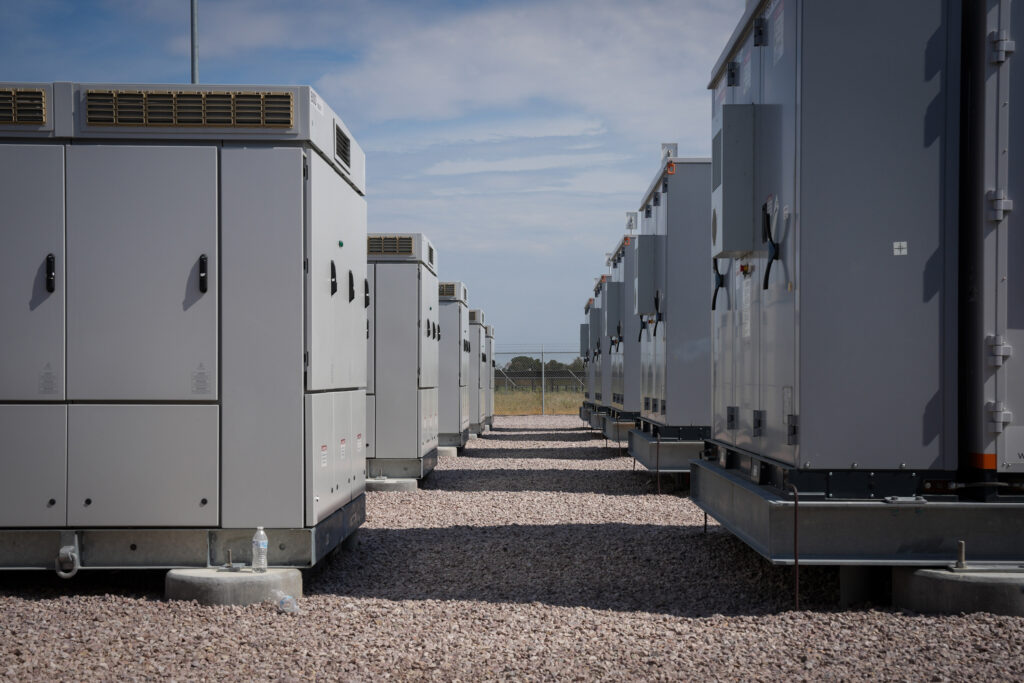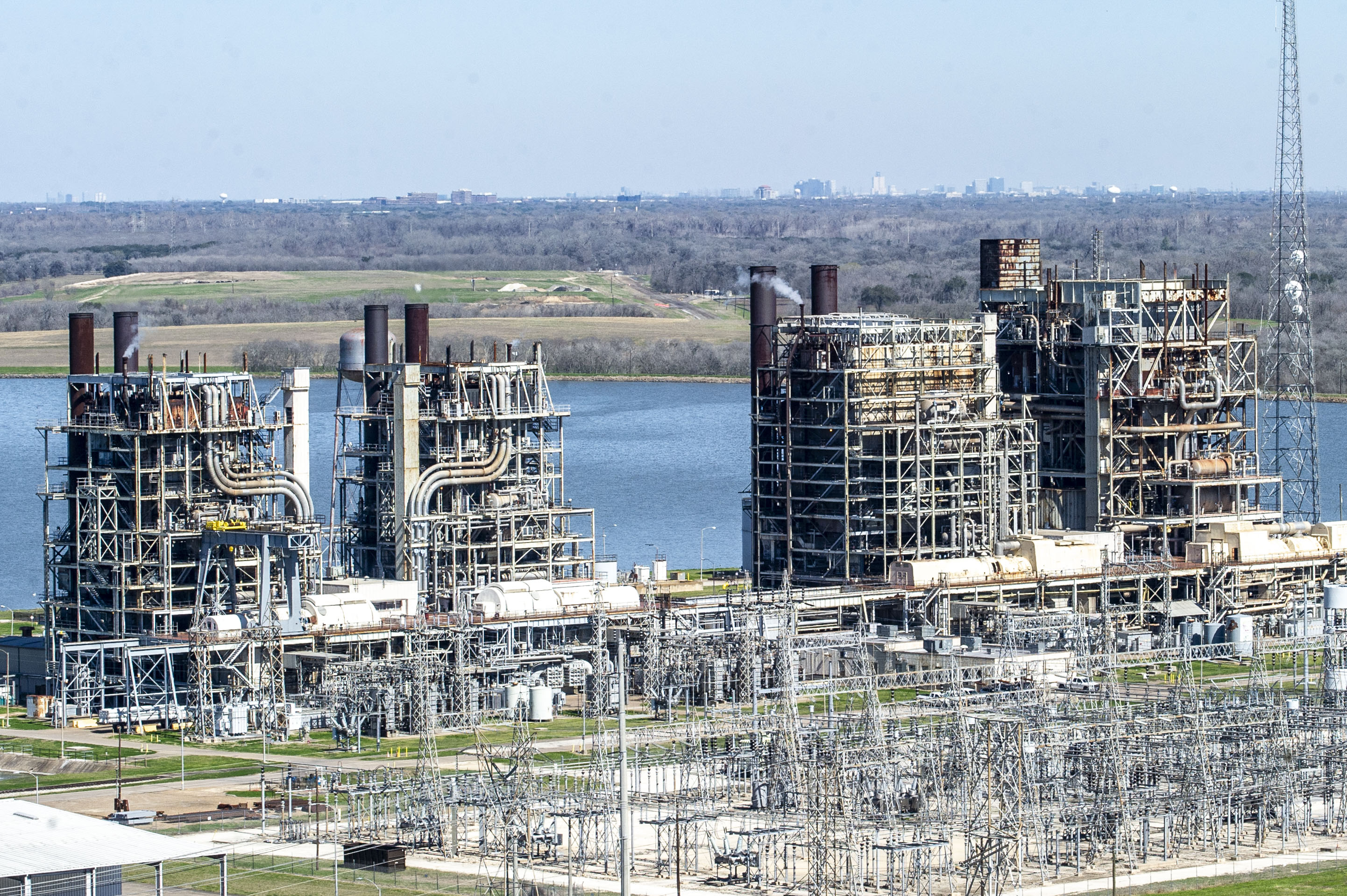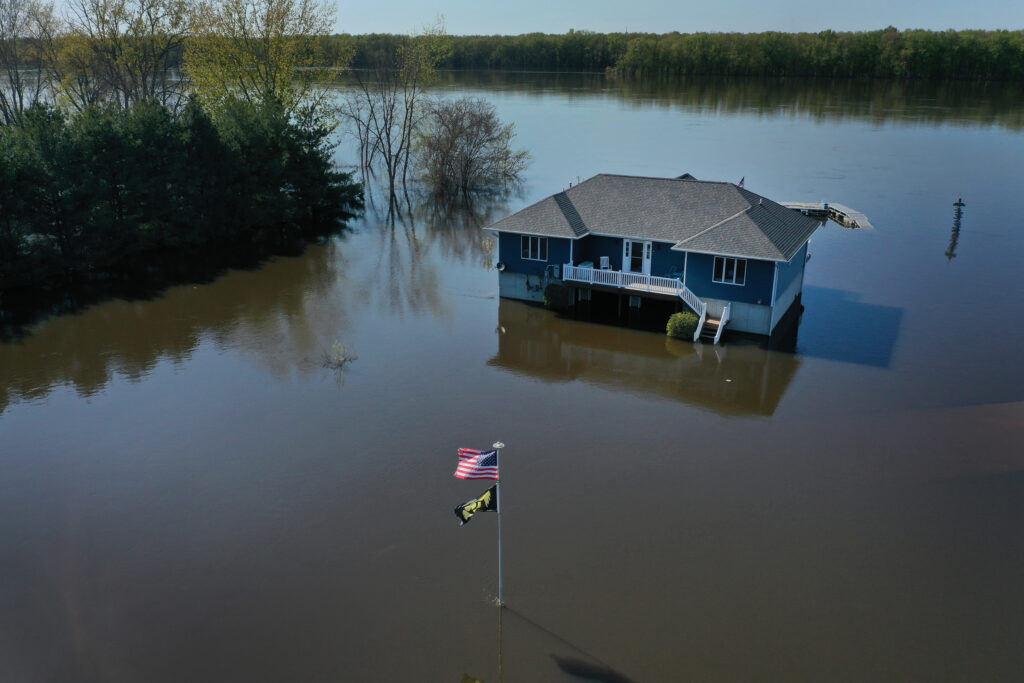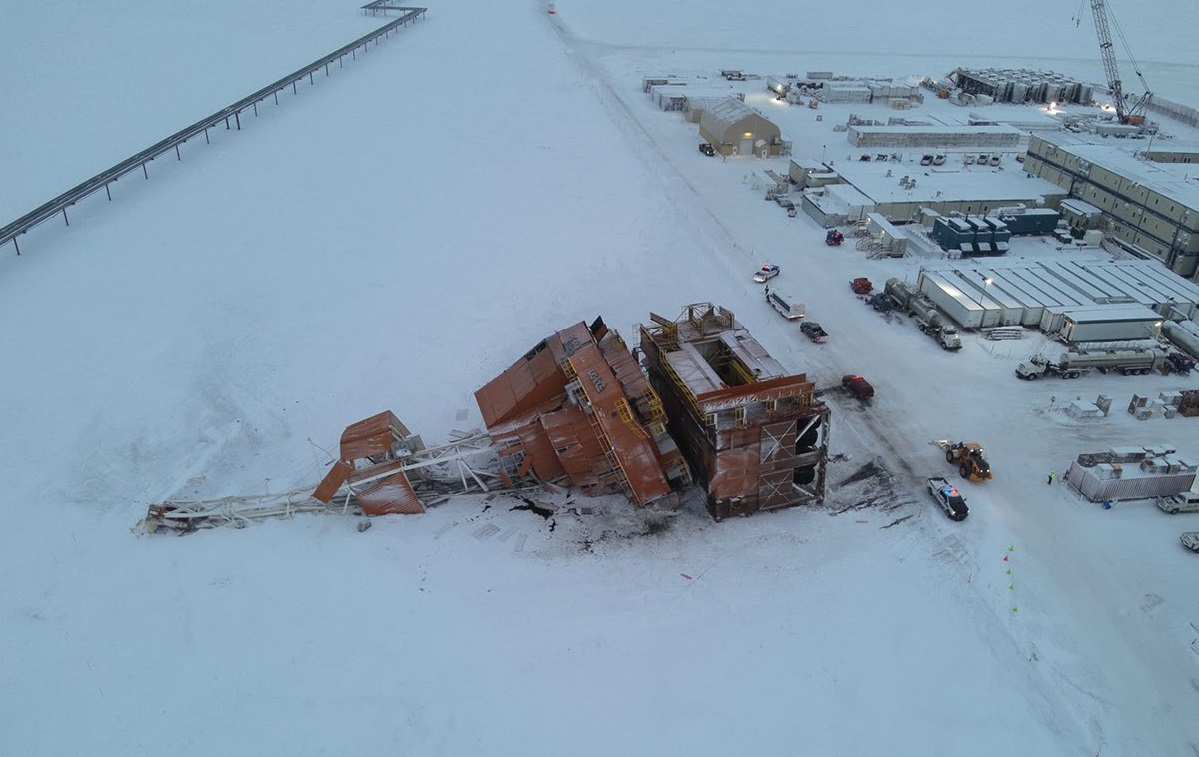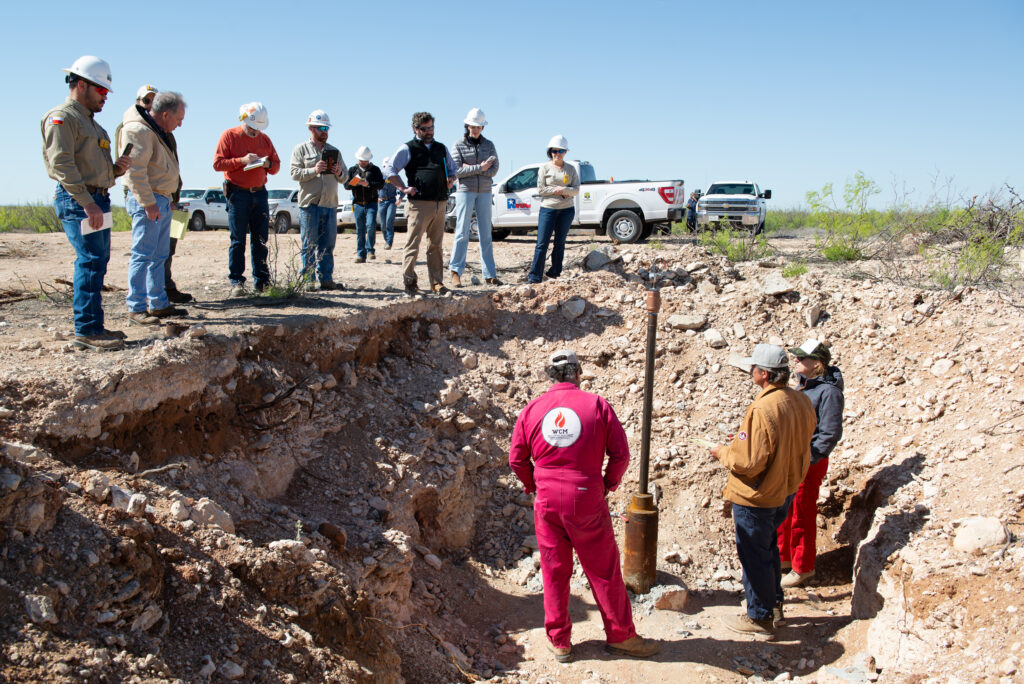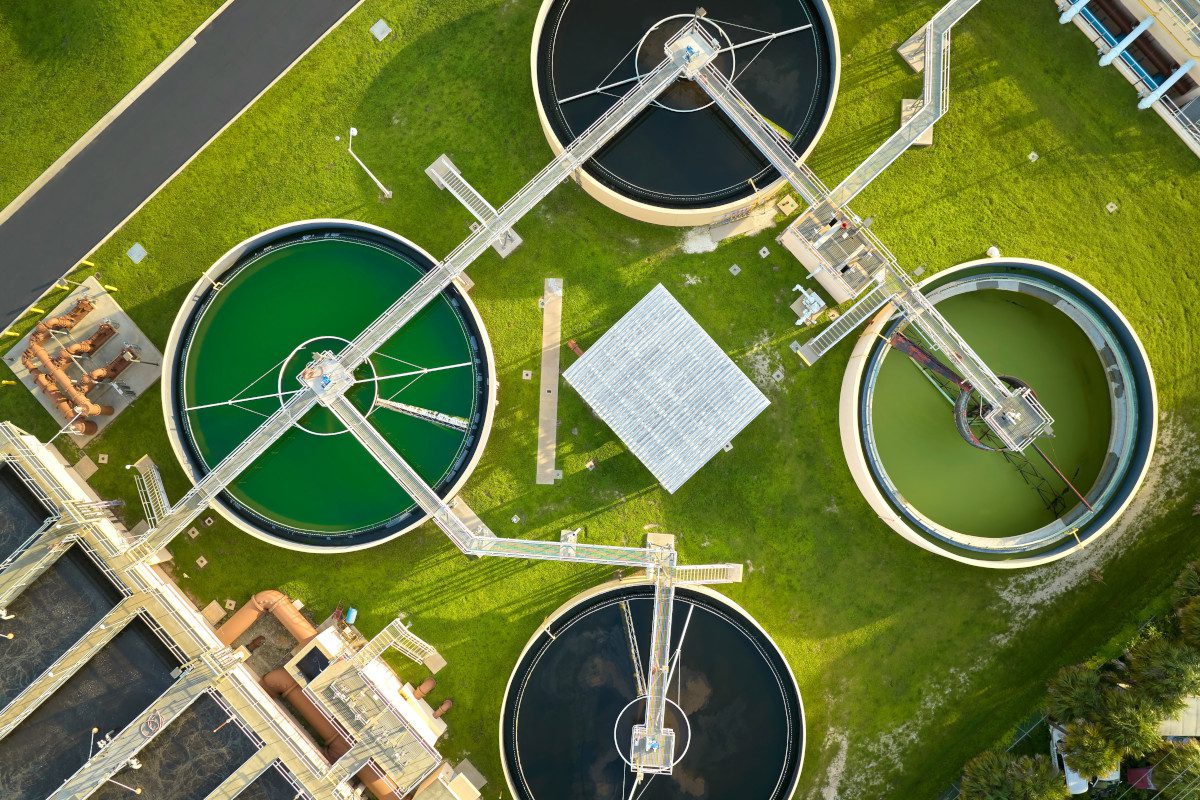ExxonMobil Chemical was fined £176,000 at Kirkcaldy Sheriff Court on 28 October after pleading guilty to breaching its environmental permit during six days of continuous flaring at its Cowdenbeath site in April 2019.
The Scottish Environment Protection Agency (SEPA) said the conviction followed an extensive investigation involving specialist regulatory, technical, scientific and enforcement staff, which resulted in referral to the Crown Office and Procurator Fiscal Service (COPFS) in July 2020.
The flaring caused significant disruption to the local community, with SEPA receiving more than 900 complaints, the highest number ever for a single environmental event in Scotland. Residents described the noise as “like a jet engine” or a “blowtorch”, which left them unable to sleep. People were reluctant to go outside due to the noise and many referenced anxiety and the fear that something more serious, like an explosion, could happen.
A loss of steam on 21st April 2019 forced ExxonMobil Chemical Limited to shut down operations at its Fife Ethylene Plant and flare around the clock for almost a week.
SEPA said its investigation found that:
- Smoke from the elevated flare stack exceeded legal limits, with emissions darker than Ringlemann Shade 2 for 110 minutes – more than seven times the 15 minutes permitted.
- Significant noise pollution was caused, based on monitoring in the community and statements from residents.
- ExxonMobil Chemical Limited had processes and contingency plans that should have prevented the incident, but they were not followed to a high enough standard.
- Poor maintenance scheduling, a lack of understanding of the site’s steam balance, and failure to update risk analyses left the plant vulnerable, resulting in the shutdown and prolonged flaring.
Ross Haggart, SEPA’s Chief Operating Officer for Regulation, Business and Environment, said:
“For nearly a week, communities around ExxonMobil Chemical Limited’s site were impacted by unacceptable and preventable flaring, causing noise and disruption on a scale that was simply intolerable.
“The scale of complaints, the highest number ever received by SEPA for a single environmental event, illustrates how many people were impacted by the noise, described as “like a jet-engine”, that disturbed sleep and caused fear and anxiety.
“Our investigation found that ExxonMobil had processes in place that could have prevented this incident, but they were not followed to a high enough standard. Today’s result holds the company to account for these failures, and the serious impacts communities experienced.
“While flaring is an important safety mechanism at facilities like this, it must be the exception rather than routine. Significant investment in new flaring infrastructure and operational improvements has been driven by SEPA’s programme of enforcement, and we will continue to keep a firm focus on compliance going forward.”
SEPA said it had maintained a firm twin-track approach to compliance, ensuring the company is held to account while securing the technical improvements needed to address the root causes of unacceptable flaring.
“Through SEPA’s regulatory requirements, ExxonMobil Chemical Limited has made major investments including the installation of low-noise elevated flare tips and multi-million-pound upgrades to improve steam management, reduce risk and minimise the frequency and duration of flaring events.”










